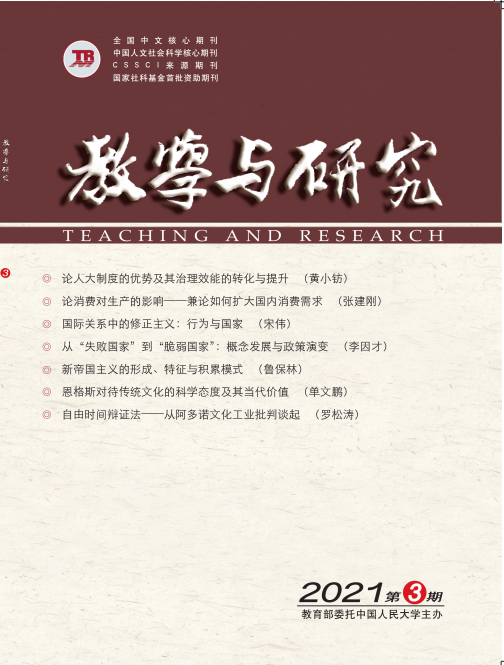Neoimperialism is a special development form of monopoly capitalism under the condition of global financialization. In terms of time span, neoimperialism was born in the 1970s and 1980s, initially formed in the early 1990s, developed to its peak at the turn of the century, and began to decline after 2008. Neoimperialism is not only a capitalism dominated by global monopoly, high degree of financial virtualization and neoliberalism, but also an American imperialism dominated by “one superpower and many powers”. The capital accumulation and economic cycle of neoimperialism are based on high debt, fictitious economy and overdraft consumption. These are highly dependent on the monetary and financial system centered on the US dollar, so the ties that maintain its capital circulation will become extremely fragile with the decline of the US comprehensive strength and the excessive loss of its national credit. The global spread of novel coronavirus pneumonia in 2020 has once again exposed the systematic defects of the capitalist governance system. The epidemic will certainly inspire people to reflect on the neoliberalism and the existing global governance order. With the accelerated decline of the hegemonic order of the United States and the growth of socialism with Chinese characteristics, the historical process of the great changes in a century will be accelerated.



